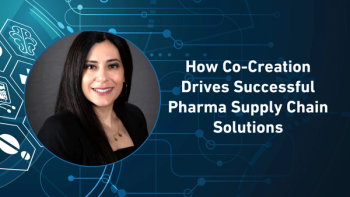
Executive pharma management is playing catch-up with digital technologies
IMS Health/Ego Zender survey of CIOs finds short tenures and evolving skill sets
Everyone agrees that mobile technologies, Big Data and new IT-delivery platforms are transforming IT for most corporations; the question is, how is the life sciences industry coping? To give one perspective, the IMS Health Institute for Healthcare Informatics teamed up with Egon Zender, an executive search firm, to poll CIOs at a cross-section of pharma companies to define their level of expertise and staffing. Key findings:
- A proprietary Information and Technology Transformation Scoring framework (ITTS) was used to measure capabilities and value creation, showing that only 15% of companies surveyed are in a clear leadership position, with established strategic and operational status
- Nearly half of the life sciences companies assessed have CIOs who have been in place less than three years, and 70% in place fewer than five years. In small companies, more than 40% of all CIOs were hired within the past year. Conversely, “More than 80% of companies have established new digital data and innovation positions that challenge the traditional CIO role.”
ITTS uses five criteria to measure a company’s expertise: innovation/disruption, organizational transformation, Big Data/analytics, infrastructure, and “future of work” (i.e., operational roles). Centralization of IT services is an important measure: the more centralized, the better the company scored. However, as Murry Aitken, IMS SVP notes, R&D-related applications such as bioinformatics, genomics or real-world economics (RWE) are usually managed separately from the CIO role. The potential for RWE to influence pharma marketing or commercialization is self-evident, but “this is an important issue to manage” going forward, he says, that will “require attention to enhance the digital transformation.”
Traditional CIO skills such as team leadership, strategic and results orientation and the like remain important, but now there’s an emphasis on “consumer centricity, digital fluency, data orientation, adaptability and change leadership,” notes Alain Serhan, co-leader of Egon Zehnder’s global Digital Health Initiative. (Aspiring CIOs: add these words to your resume!) “Unlike many other industries, the skills required to fully deliver on [IT] innovations are not native within this sector,” he concludes. “There is a unique opportunity for CIOs to fill the missing skill gap and become core enablers of their respective companies’ strategies.”
The report is available at the IMS Health Institute
Newsletter
Stay ahead in the life sciences industry with Pharmaceutical Commerce, the latest news, trends, and strategies in drug distribution, commercialization, and market access.




